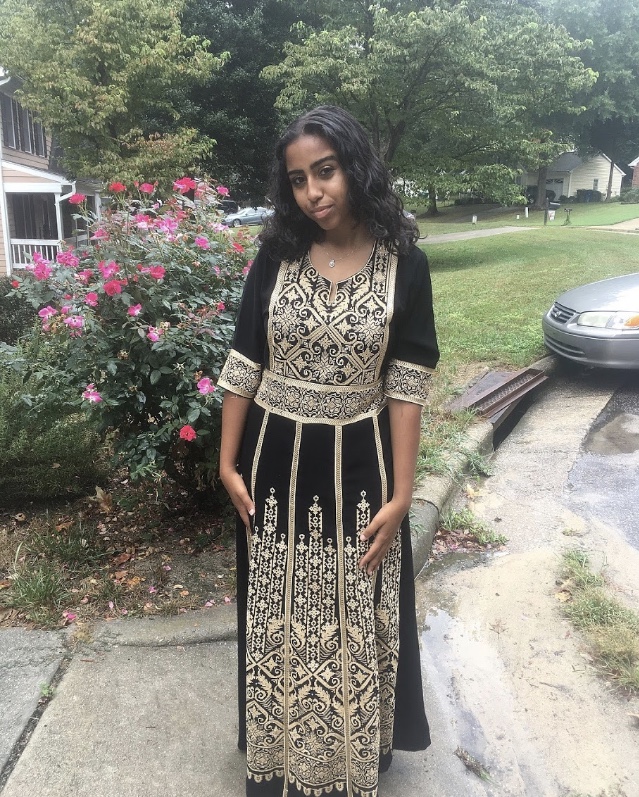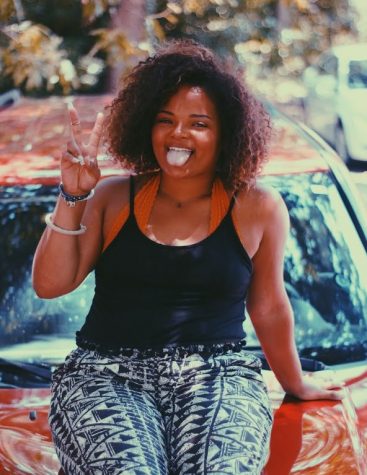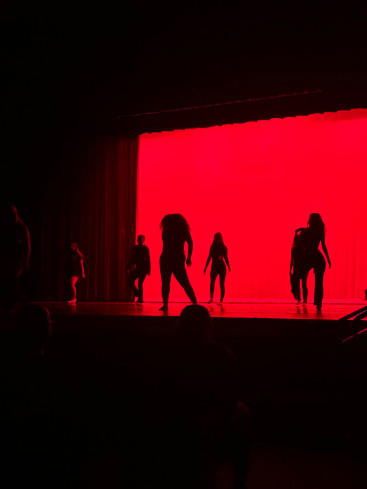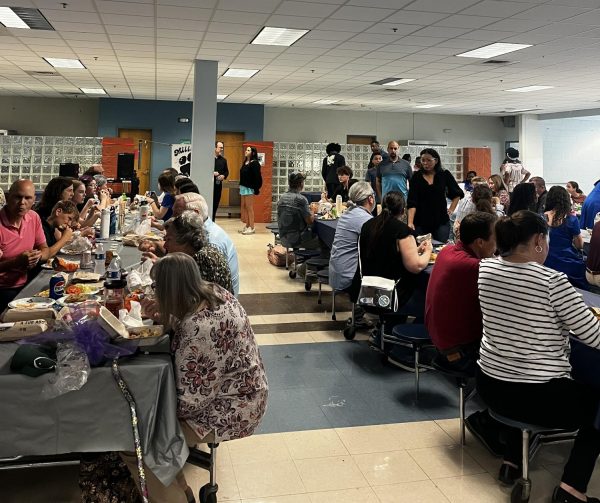Culture Collaboration
Moroccan culture at Millbrook
Embracing her Muslim-Moroccan heritage, Yousra dresses in an abaya to celebrate Eid-al-adha. Yousra takes pride in her faith and culture and contributes to the cultural diversity of Millbrook.
January 10, 2018
Yousra Razik is a very involved senior at Millbrook, but there is much more to her than meets the eye. Yousra has a different culture than the typical Millbrook student, due to the fact that both her parents were born in Morocco, a country in the northwestern corner of Africa. Upon winning a lottery that awarded her parents the opportunity to get a green card, they legally immigrated to America and started their family.
Yousra is devoted to her faith and prays five times a day. Prior to praying, Yousra, along with other followers of Islam, must complete a purification ritual called Wudu requiring that they wash their faces, hands, arms, and feet. The ground on which they pray must be clean as well; this is why neither shoes nor animals are allowed in her home. Lastly, Muslims must be dressed modestly while praying. Yousra dresses in long sleeves, long pants, and a Abaya when she prays. Home is not the only place she and her family prays though. Most Friday afternoons Yousra goes to the Mosque, a Muslim place of worship, for prayer.
In the ninth month of the Islamic lunar calendar, Yousra and her family celebrate Ramadan. During Ramadan Muslims fast and pray in order to grow closer to Allah. They use it as a time to improve moral character and focus on positivity. Observance of the holiday is one of the Five Pillars of Islam. Marking the end of Ramadan is Eid-al-fitr, which means “festival of breaking the fast.” This falls on the first day of the tenth month, and Yousra’s family celebrates with prayer and a lot of food.
Moroccan food is incredibly diverse due to the country’s interactions with other cultures and nations over the centuries. Yousra’s favorite Moroccan dish made by her mother is couscous. She explained, “That’s something my mom makes often, usually every Friday or Saturday, when the whole family’s together.” Couscous is considered a gift from Allah and is a staple of North African countries. It is a pasta made from semolina flour mix and is typically cooked with spices, vegetables, nuts, and dried fruit. The traditional preparation of couscous involves rubbing and rolling together large grains of hard wheat semolina with finer grains of semolina sprayed with salted water to raise the humidity. When steamed, it becomes light and fluffy.
Yousra and other students with unique cultural backgrounds contribute greatly to the diversity at Millbrook. Cultural diversity is important because we can learn a lot from one another, but first we must have a basic understanding of each other in order to allow collaboration.












